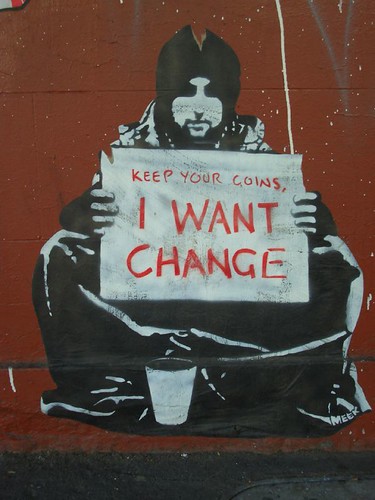The American "education reformers" tend to be on the right (DFER included). Maybe it's more accuarate to say the reform position is a conservative (little "c") position--accountability through testing, business model promotions, and so-on.
Another conservative American (both little and big "c") position is that poor people don't pay any taxes. You hear it all the time, though they always mention the word "income" when they say it, because the poor don't pay income taxes, just all the other taxes like sales, gas, higher interest rates on loans, and so-on. We all pay taxes in some form or another, making the Conservative claim that the poor pay no taxes silly. But they like to trot it out to remind us how powerful they are and how thankful we should all be that they pay their income taxes, or something.
The American education reformers like to say that our lowest performing students, those in urban and rural areas (who tend to be really poor), deserve a better education system. Why? The reformers will tell you that those poor "taxpayers" aren't getting their money's worth. Who are these taxpayers the reformers are referring to? The poor who pay no taxes, as they like to say.
So,
Steven Brill (video: watch the confusion which starts at about 19:00), which is it? The poor pay no taxes, or those poor taxpayers (who pay no taxes) deserve to get what they pay for in taxes?
Such bullshit and spin.






